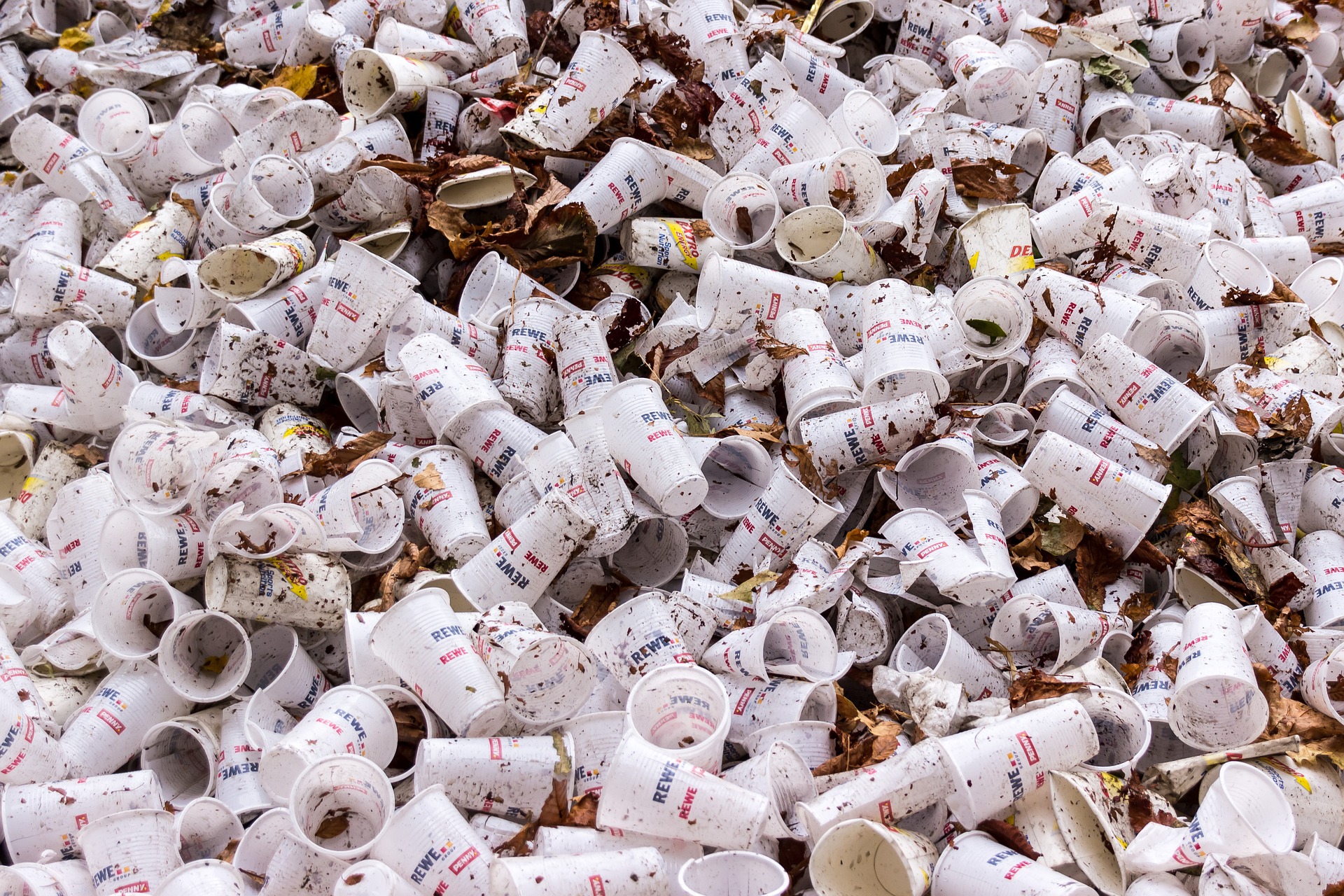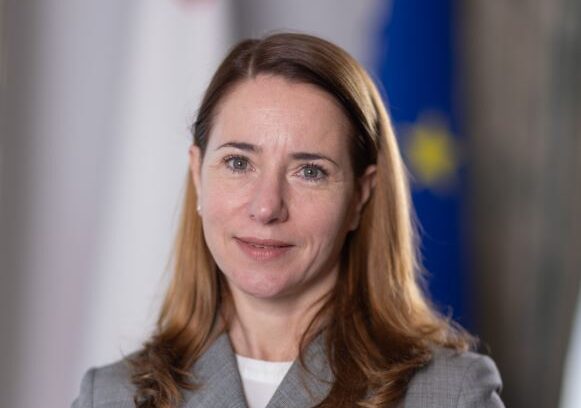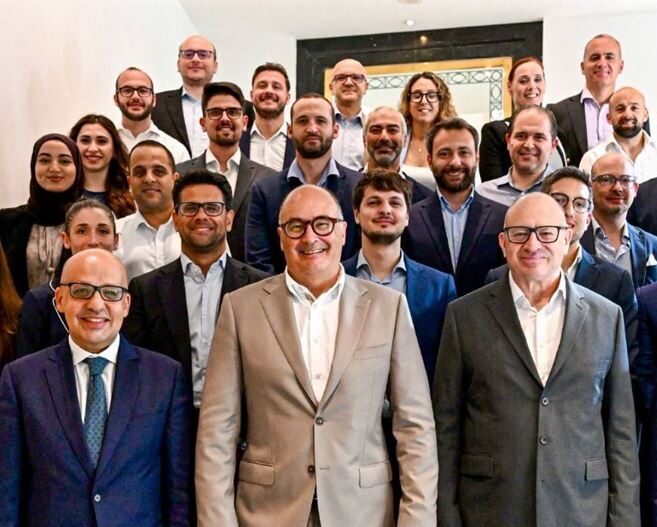On both a national and European level, 2021 has brought about some much-needed legislative changes with regards to single-use plastic pollution.
The first ban to come into effect, put forward by Malta’s Environment Minister Aaron Farrugia, ceased the importation of several single-use plastic products – these include plastic bags (thicker than 15 microns), stirrers, cutlery, plates, balloon sticks, and expanded polystyrene (jablo) food containers.
The European Union (EU) has also been working on a strategy to minimise the usage of single-use plastics, and on 3rd July 2021, a directive came into effect that requires member states to place specific markings on a number of single-use plastic products and packaging.
These products include sanitary towels, tampons, wet wipes, tobacco products with filters, and cups for beverages. The required markings should clearly state that said products contain plastic and warn consumers against disposing of them improperly.
In light of these changes, MaltaCEOs.mt got in touch with several local supermarket owners to learn about how these bans have impacted their business.

Both Joe Spiteri, CEO of supermarket chain Maypole, and Maurice Mizzi, President of Mizzi Organisation (the conglomerate owning Arkadia supermarkets) were fully in agreement with the measures that have been put in place. Mr Mizzi went so far to say that “[The Mizzi Organisation] is actually one of the few companies that follows what the [Environment] Minister says.”
According to the Environment Protection Act, any person who fails to comply with the single-use plastic ban can face an initial fine of up to €1,500. If the offence is repeated, the perpetrator can face a maximum fine of €2,500.

“We have always been proactive on this matter. As you may know, during the past year, we eliminated over a million plastic bags from our shops following the introduction of high-quality paper and cloth bags in our outlets,” Mr Spiteri said.
Despite these measures however, consumers can still very easily access single-use plastic products from their local corner shops – as long as they’re locally made.
Mr Spiteri himself highlighted that “any single-use plastic sold in [a Maypole outlet] is acquired from local suppliers or wholesalers.” And with nothing essentially stopping consumers from purchasing single-use plastic products, the effectiveness of the ban on the importation of single-use plastic products is called into question.
Another issue faced by supermarket owners that equalises the benefits of Malta’s ban and the EU’s directives concerns enforcement. Mr Mizzi and Mr Spiteri both remarked that they’ve witnessed no local authorities enforcing the EU directive, despite the fact that the European Commission clearly states that “through their national legislation, [member states shall] ensure that certain single-use plastic products which are placed on their market bear a marking on the packaging or product itself.”
Alison Micallef appointed CEO at Malta Development Bank
She steps into the new role effective immediately.
Impact beyond profit: CSR in Malta is a must in 2025
Nowadays, corporate social responsibility can no longer take a backseat in your business's vision.
Malta’s private equity sector urged to seize opportunities at high-level CEO seminar
Panellists highlighted Malta’s potential as a destination for private capital, citing its English-speaking workforce, regulatory accessibility, and strategic location.
Ronald Attard takes on expanded role as Managing Partner for Risk Management at EY Europe Central
He has built experience in management accounting, corporate finance, and mergers and acquisitions.









